Happy Diwali from KTGY Pune
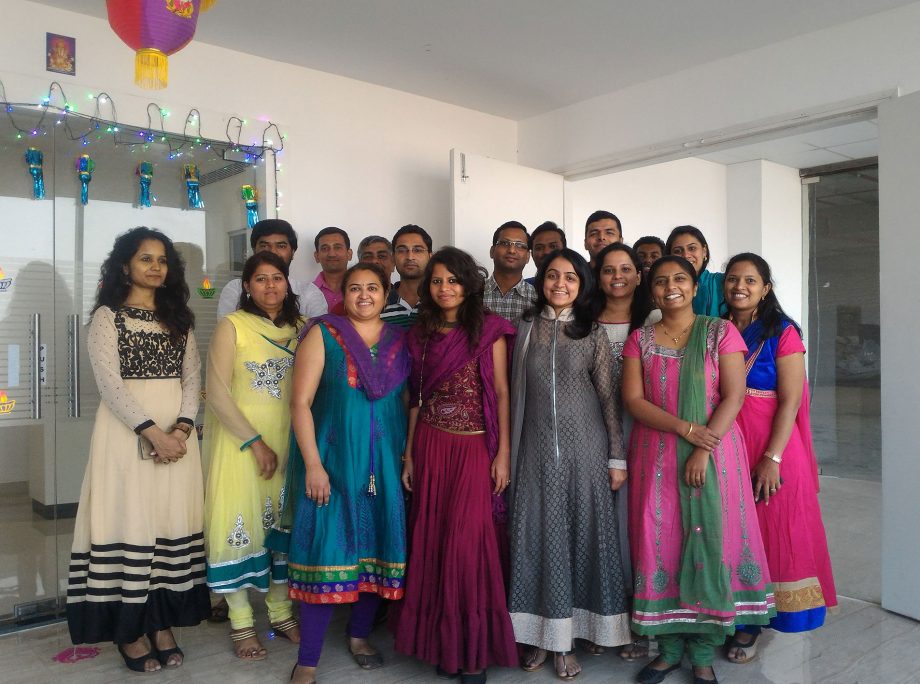
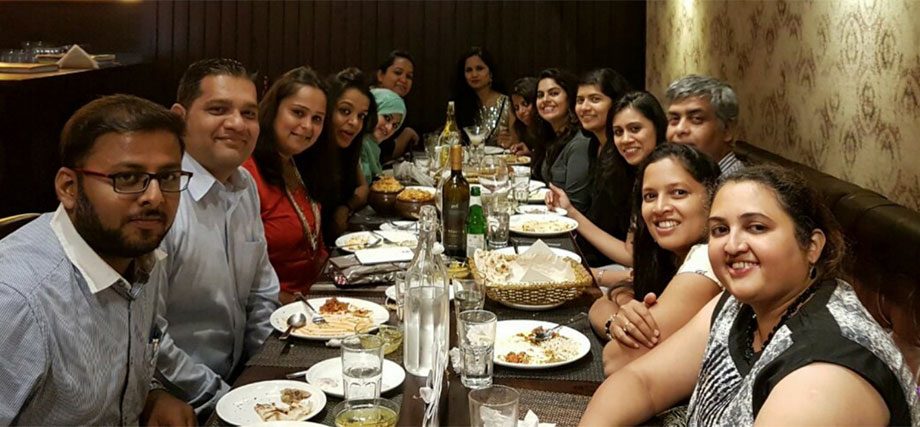
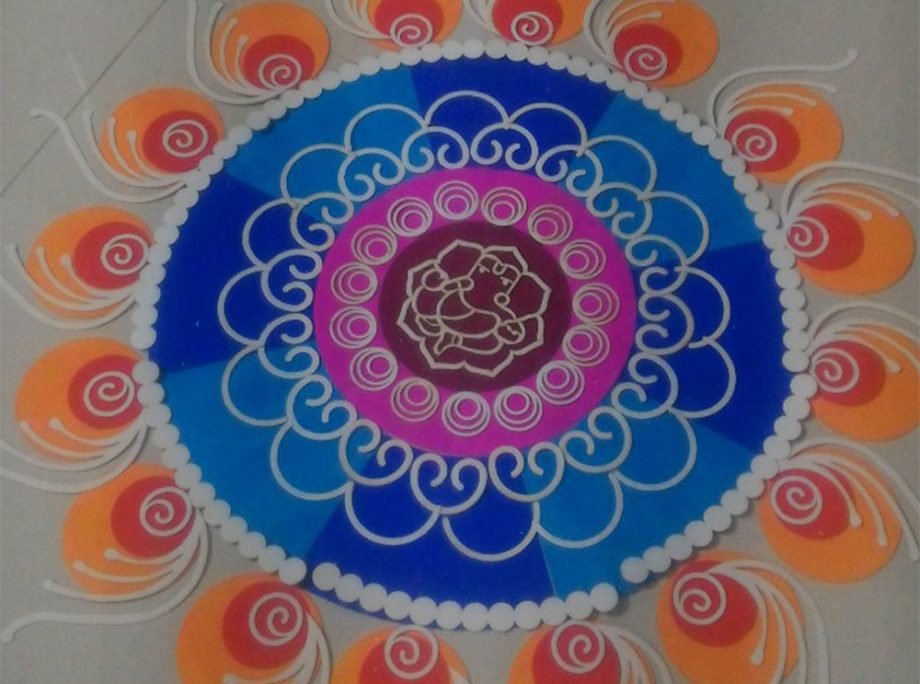
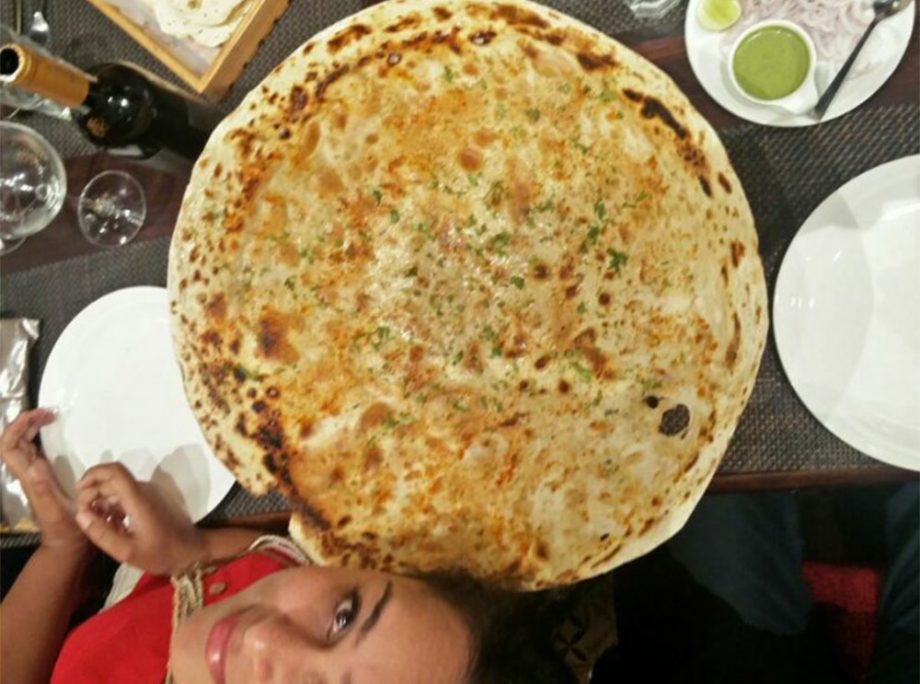
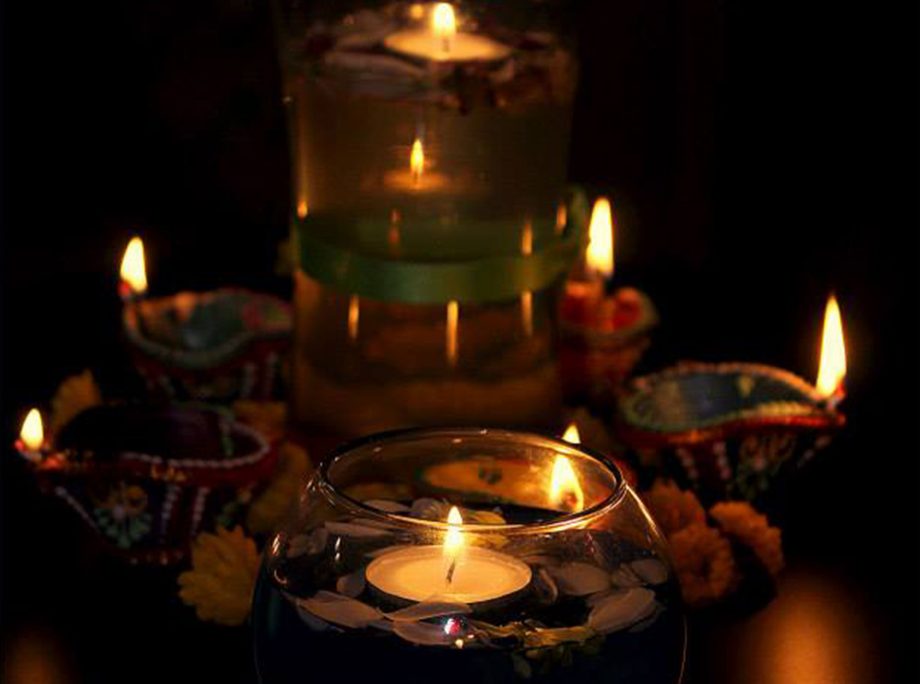
Story
“Shubh Deepavali” is a customary greeting associated with Diwali. It means, “Have an auspicious diwali”. Diwali is referred to as ‘Deepavali’, Deepavali means “Row of Lights”. With the diminishing use of Sanskrit (the root language from which all other Indian languages originated), the word ‘Deepavali’ got contracted to Diwali.
While you may find different stories about why we celebrate Diwali, here are a few logics behind it, India is the biggest country amongst those who experience monsoon. The farms used to flourish after monsoon which is a sign of good money coming your way in the later season. The houses needed to be clean and dry to store the grains and get rid of the insects which came with the moist weather, so everyone lit a lot of oil lamps. Lots of fried foods were prepared, which can be stored in the houses so that everyone in the family can contribute to the harvesting business. It also helped keep the body fit for the coming winter. With a perfect temperature of not to hot and not to cold, on the darkest night of October with everyone putting up lights in and around the houses, this has turned into a big celebration for centuries. Everyone looks forward to prosperity, good health and happiness. This festival, celebrated annually, conveys the message of the triumph of good over bad.
Today, Diwali is a five-day festival in India, with Diwali night centering on the new moon – the darkest night – at the end of the Hindu lunar month of ‘Ashvin’ and the start of the month of ‘Kartika’. This day is considered as most auspicious. In the Common Era calendar, Diwali typically falls towards the end of October, or first half of November each year. The darkest night of autumn lit with diyas, candles and lanterns, makes the festival of lights particularly memorable. Diwali is also a festival of sounds and sights with fireworks and Rangoli designs; the festival is a major celebration of flavors, with feasts and numerous mithai (sweets, desserts), as well as a festival of emotions where Diwali ritually brings family and friends together every year. Shopping is big during Diwali; people hold back till Diwali to buy things ranging from pins to cars to houses. Dresses, jewelry and finery being on top of the list as Diwali can be a change of wardrobe for some. Like most major festivals around the world, rituals and preparations for the Indian festival Diwali begin days or weeks in advance. The festival formally begins two days before the night of Diwali, and ends two days after. Each day has rituals and significance.
Diwali is also celebrated under different names in Malaysia, Myanmar, Nepal, Sri Lanka, Mauritius and in non-Asian countries like Guyana, Trinidad and Tobago, Surinam.
Happy Diwali!